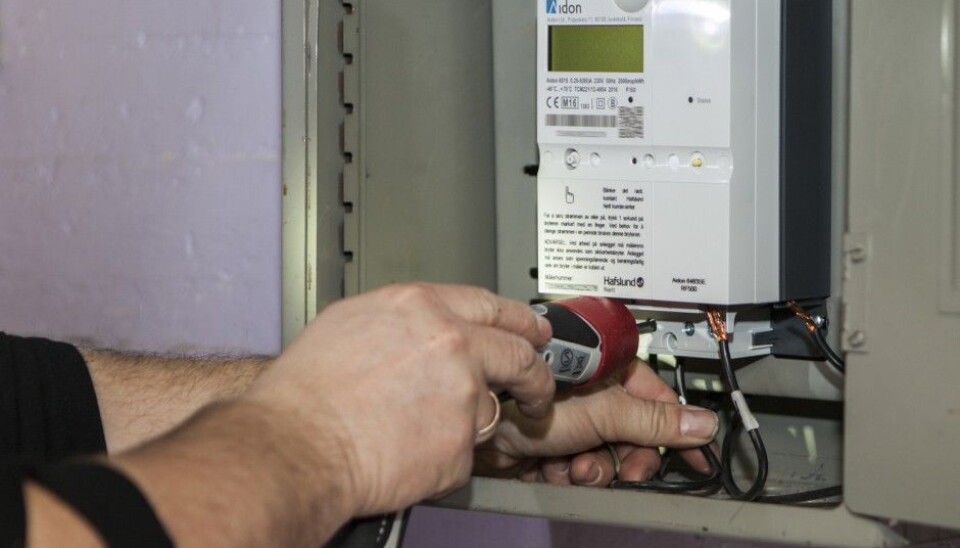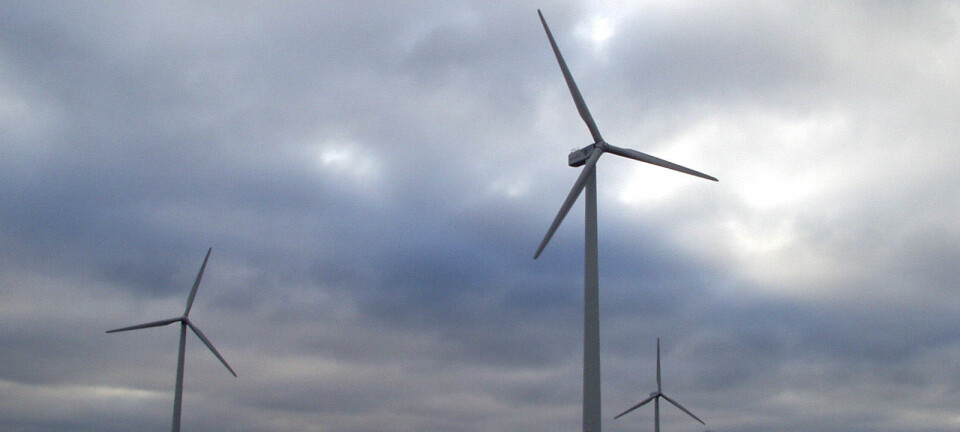
Power cuts seen when all pay their fair share of costs
Swedes waste more electricity when power costs are included in their rent.
Do you bother to turn off the lights when you leave a room or wait to run the dishwasher until it is completely full – even when this doesn’t lower your electric bill?
Requiring renters to pay for their own use of power can be a real energy saver.
Swedish researchers found that when tenants have to pay for every kilowatt of their private use, they consume a third less power than when electricity is covered by their rent.
At least this was the case when 800 of 1,800 flats in two parts of Stockholm suddenly started getting their own electricity bills. The other thousand already had individual monthly bills.
Renters who were initially using as much electricity as they wished for a fixed price now had to face the hard facts of a bill for their actual consumption. Rental fees went down but their total outlays spiked if they used more electricity than their neighbours.
This motivated the Stockholmers to cut down on their power use, especially in winter. Statistics Norway says the same occurs in Norway.
A few freeloaders
Power usage dropped by 25 percent in the entire complex of flats. This included power to lighting in stairways and laundry facilities in the basements, which tenants had less control over. In their own flats they began using 36 percent less electricity on average.
Much of these savings came from the elimination of the wastage by relatively few tenants. The apartments with the highest original consumption under the fixed-rate system stood for two-thirds of the reduction. Yet these former freeloaders lived in just 20 percent of the flats.
They had been taking advantage of their neighbours, as rents under the old system were set at rates that covered power costs to everyone.
Changes are seen when freeloaders are slapped with the bills for their usage. They start burning the same amount of electricity as their neighbours.
Good for the environment
This was a legitimate experiment. None of the renters knew the research was going on, so the researchers had no impact on their electricity consumption habits. The owner of the buildings registered power use and the researchers were later given access to the data to make comparisons.
The researchers studied the power consumption in these buildings and flats from 2006 to 2015. The electricity meters were installed in 2011.
The effect appears to have taken hold. The greatest plunge in power consumption occurred right after renters started getting billed for their own usage. And consumption did not rebound. On the contrary, it continued to decline for a while.
Although owners of the buildings had to absorb the cost of installing the meters, they gained soon from lower overall costs of power.
The researchers think this means electricity meters for every household could be a smart way of cutting down on power consumption. This could be a lesson for other places in Sweden.
However, not everyone is primarily motivated by money. Åsne Lund Godbolt interviewed 44 Norwegians when working on her doctoral thesis. These consumers reported being more concerned about trimming their energy use to help protect the environment, avert climate change and for their own well-being.
-------------------------------------
Read the Norwegian version of this article at forskning.no
Translated by: Glenn Ostling







